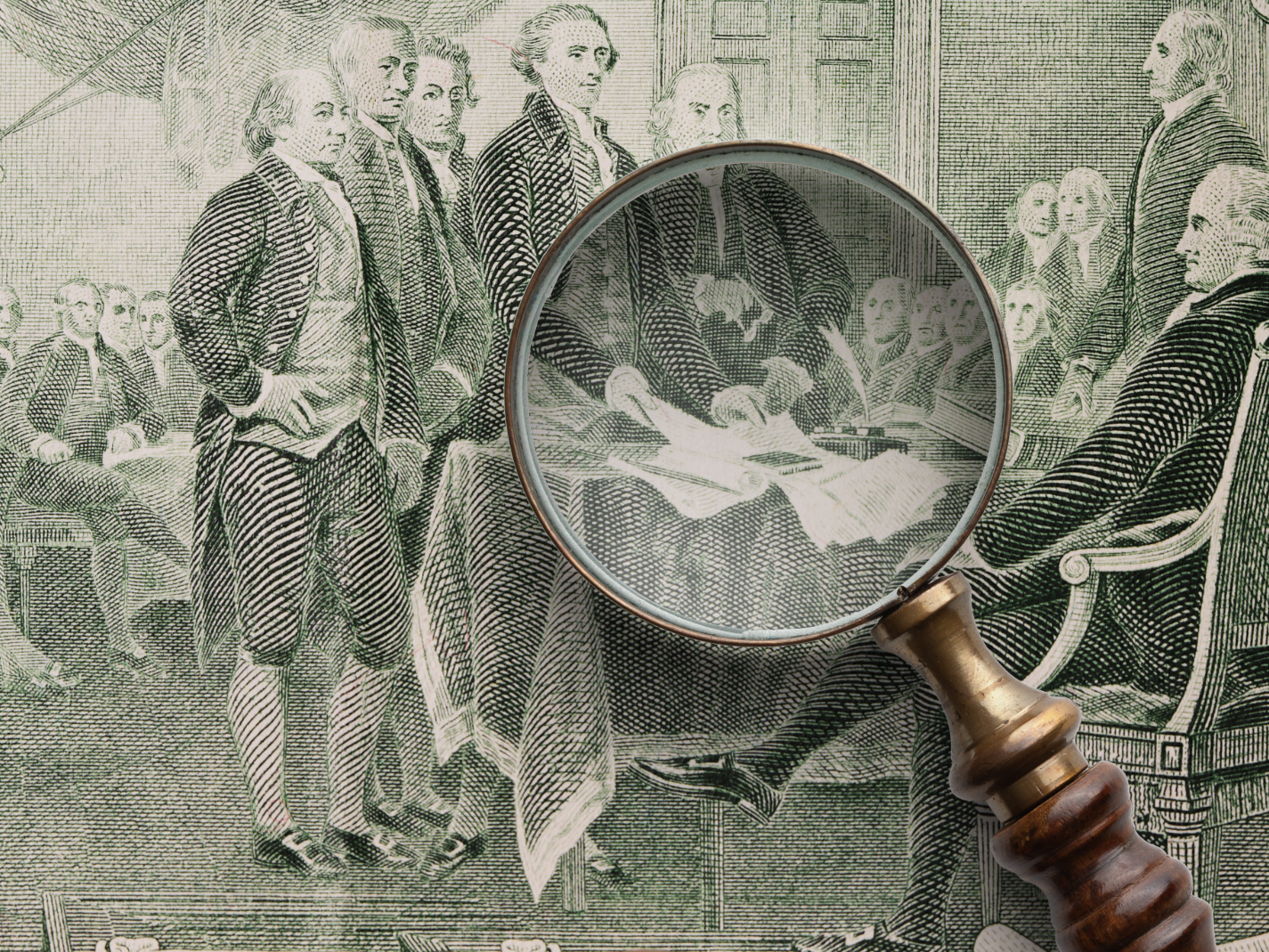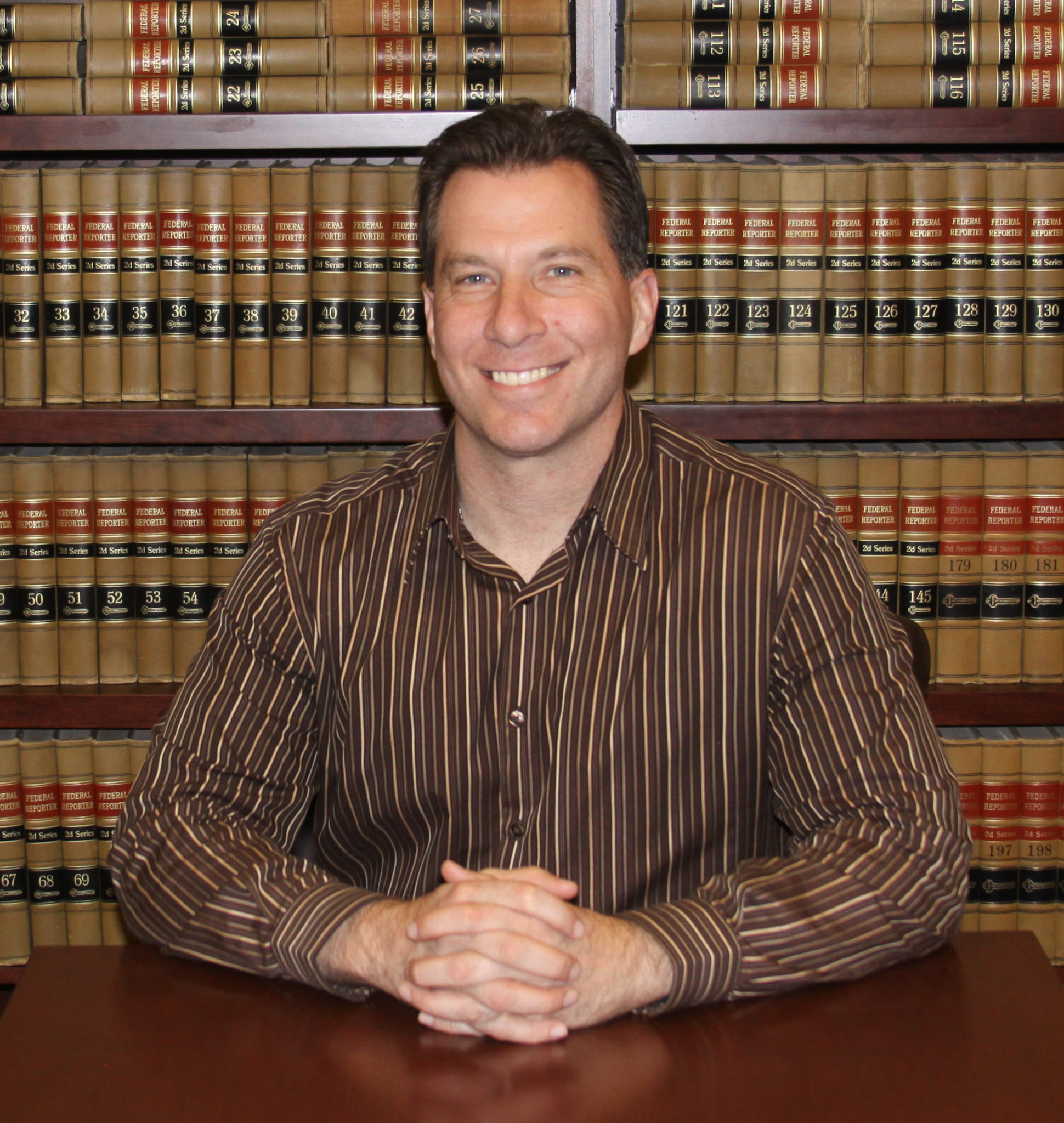
Juneteenth, a celebration held in Texas since 1866, was recognized as a federal holiday for the first time in 2021. Juneteenth commemorates the day Union soldiers arrived in Galveston, TX, to tell the enslaved African-Americans that the war was over and they were free—whereas Union states Kentucky and Delaware practiced slavery for six additional months until the ratification of the 13th amendment. In response to Juneteenth, Senator Josh Hawley stated that the Christian Faith and America are where slavery came to die. Many jumped to point out that quite a few countries abolished slavery before the United States and that Christianity was often used to justify slavery. I saw one claim that the reason Republicans don’t want history taught is so their supporters will believe things like Hawley’s statement.
While it is true that several countries abolished slavery before the 13th amendment and that many in the South used passages from the Bible to justify slavery, Hawley’s claim is much more accurate than people realize. It’s the lack of teaching the truth about our Founding that is causing this disconnect. Christianity was, in fact, a leading reason for many countries to abolish slavery and later to advance civil rights in America for blacks—MLK was a Christian minister, remember? The principles of Christianity were integral in the founding of this country and its ideals—another aspect excluded from history classes, further increasing ignorance in society. But what about Hawley’s claim that America is where slavery came to die? Let’s examine.
If someone from today was magically transported back to the colonies in 1776, the least unique trait of the colonies you would find is that they practiced slavery. Slavery has been practiced in all civilizations throughout human history. At most, about six percent of African slaves exported were brought to the colonies. Far more slaves were shipped to Central and South America as well as the Muslim world. More Eastern European whites were enslaved in Africa than Africans were enslaved in the colonies. The English word for slave comes from “Slav,” referring to the millions of Eastern Europeans who were enslaved throughout the world—there are more slaves in the world today than during the Atlantic slave trade period.
What was unique is that leading members of society were questioning the morality and legitimacy of slavery. And they were basing it on Christian principles and the founding ideals of America. No other country was seriously questioning the practice. In general, if you recognize the name of the founder, they were against slavery—yes, even those who owned slaves. Here are some examples:
The ordaining of laws in favor of one part of the nation, to the prejudice and oppression of another, is certainly the most erroneous and mistaken policy. An equal dispensation of protection, rights, privileges, and advantages, is what every part is entitled to, and ought to enjoy. — Benjamin Franklin, Emblematical Representations, ca. 1774
I can only say that there is not a man living who wishes more sincerely than I do, to see a plan adopted for the abolition of slavery. — George Washington, Letter to Robert Morris, 1786
It is much to be wished that slavery may be abolished. The honour of the States, as well as justice and humanity, in my opinion, loudly call upon them to emancipate these unhappy people. To contend for our own liberty, and to deny that blessing to others, involves an inconsistency not to be excused. — John Jay, Letter to R. Lushington, 1786
Slavery is the most oppressive dominion ever exercised by man over man. — James Madison
God who gave us life gave us liberty. Can the liberties of a nation be secure when we have removed a conviction that these liberties are the gift of God? Indeed I tremble for my country when I reflect that God is just, that His justice cannot sleep forever. Commerce between master and slave is despotism. Nothing is more certainly written in the book of fate than that these people are to be free. Establish the law for educating the common people. This it is the business of the state to effect and on a general plan. — Thomas Jefferson
Most Americans have no idea that Jefferson’s original draft of the Declaration had a passage condemning slavery, that was ultimately defeated by South Carolina and Georgia. It stated:
He [King George] has waged cruel war against human nature itself, violating its most sacred rights of life and liberty in the persons of a distant people who never offended him, captivating & carrying them into slavery in another hemisphere or to incur miserable death in their transportation thither. This piratical warfare, the opprobrium of infidel powers, is the warfare of the Christian King of Great Britain. Determined to keep open a market where Men should be bought & sold, he has prostituted his negative for suppressing every legislative attempt to prohibit or restrain this execrable commerce. And that this assemblage of horrors might want no fact of distinguished die, he is now exciting those very people to rise in arms among us, and to purchase that liberty of which he has deprived them, by murdering the people on whom he has obtruded them: thus paying off former crimes committed again the Liberties of one people, with crimes which he urges them to commit against the lives of another.
Notice that Jefferson capitalizes the word “Men” when referring to blacks. That is significant in that it includes them as equals. Jefferson also believed that slave masters implicitly taught their children to be tyrants unfit to participate in republican government—an idea proven correct by the words and actions of Southern leaders decades later.
So why didn’t slavery end there?
The simple answer lies in the urgent need to maintain unity among the Colonies and the Union during the Revolution and the years that followed. South Carolina, under the leadership of Charles Pickney during the Constitutional Convention, along with Georgia and a minority of leaders in other states, staunchly refused to abandon slavery. This stance contributed significantly to its persistence. Another aspect to consider was the debate over whether to repatriate freed slaves to Africa or integrate them into English society, as suggested by Jefferson in the quote above. Notably, only one-third of the signers of the Declaration were slave owners. By 1803, all New England states had abolished slavery, marking the region as the first in the world to do so, a milestone achieved thirty years before Great Britain, contrary to what the historically inaccurate 1619 Project claims.
Many of the founders, including Washington, believed that slavery would eventually fade away due to its financial unsustainability as an institution. Washington, in particular, who owned more slaves than necessary for Mount Vernon and adamantly refused to break apart families, eventually freed all of his slaves upon his death. A notable historical shift occurred in the South after the invention of the cotton gin in the 1790s, where slavery became deeply entrenched. However, the South’s defense of slavery contradicted the principles upon which the nation was founded. For instance, John C. Calhoun, Vice President of the U.S. and Senator from South Carolina, famously claimed that the assertion in the Declaration that all men are created equal was “the most false and dangerous of all political errors. An additional point of irony is that there were thousands of slave-owning blacks in the South during the antebellum period, and the first legal slave owner in the colonies was a black man named Anthony Johnson.
These historical facts only scratch the surface of the real, honest history of the United States. Yet about 31 percent of voters under the age of thirty view the founders more as villains than heroes, and I contend it is because they are lied to about the lives these men lived. The true, complete history must be taught.
Photo by Voinakh — Adobe — Asset ID#: 101947006 & Edited by Jared Gould

The need to keep South Carolina and Georgia in the Revolution needs to be viewed in light of the fact that Nova Scotia had already refused to join, which gave the British the secure port of Halifax — actually all the way down to Castine in the mouth of Maine’s Penobscot River. If the British also had the ports of Charlestown (SC) and Savannah (GA), there is a really good chance that we would have not won our independence.
Let us also not forget how slavery came to be illegal in Massachusetts — the 1780 Constitution stated that “all men are born free and equal, and have . . . the right of enjoying and defending their lives and liberties” — the slaves said “what about us” and the Supreme Judicial Court* said “you’re right” — and that ended slavery in Massachusetts.
See: https://www.masshist.org/features/endofslavery/end_MA and
https://www.mass.gov/guides/massachusetts-constitution-and-the-abolition-of-slavery
And as to Juneteenth, in addition to Kentucky and Delaware, one also needs to remember that slavery persisted in the Creek Nation until the 1866 treaty because the 13th Amendment did not apply to Indian tribes at the time — the Creek were supposed to extend the full rights of tribal membership to their former slaves (much as the 14th & 15th Amendments did for the American freedmen), but it’s alleged that this didn’t happen to the extent it was supposed to.
Furthermore, the Emancipation Proclamation was a military order that was only in effect while martial law was in effect — and would have been ruled a violation of the 5th Amendment’s “taking” clause as soon as the courts re-opened. Lincoln had to have known this — compensation was paid when slavery was ended in the District of Columbia. Seriously, the DC Compensated Emancipation Act of 1862 involved bringing in slave traders from Maryland to estimate the value of each freed slave and making a payment to the former owner.
See: https://www.archives.gov/exhibits/featured-documents/dc-emancipation-act
The 5th Amendment is also why the second sentence of the fourth part of the 14th Amendment was necessary — the relevant portion reads “…neither the United States nor any State shall assume or pay … any claim for the loss or emancipation of any slave…” Much like the 21st Amendment being necessary to repeal Prohibition, this was necessary to eliminate the provisions of the 5th Amendment.
And as to Juneteenth itself, I like to suggest that the BLM activists actually read the purported order of liberation. It doesn’t say anything about being free to go work for whomever you want to — instead it says that they will now work for wages (and are required to continue working for their former owners).
It doesn’t say anything about how much the wages would be, nor what would be deducted from the wages, nor what happened if (when) the deductions exceeded the wages. All it did was replace chattel slavery with debt peonage — and we’re celebrating this?!?
We’re celebrating this?!?
—–
* The Massachusetts Supreme Court is called the “Supreme Judicial Court” because the legislature is called the “Great and General Court” — or more often just the “General Court” and this dates from the 17th Century.